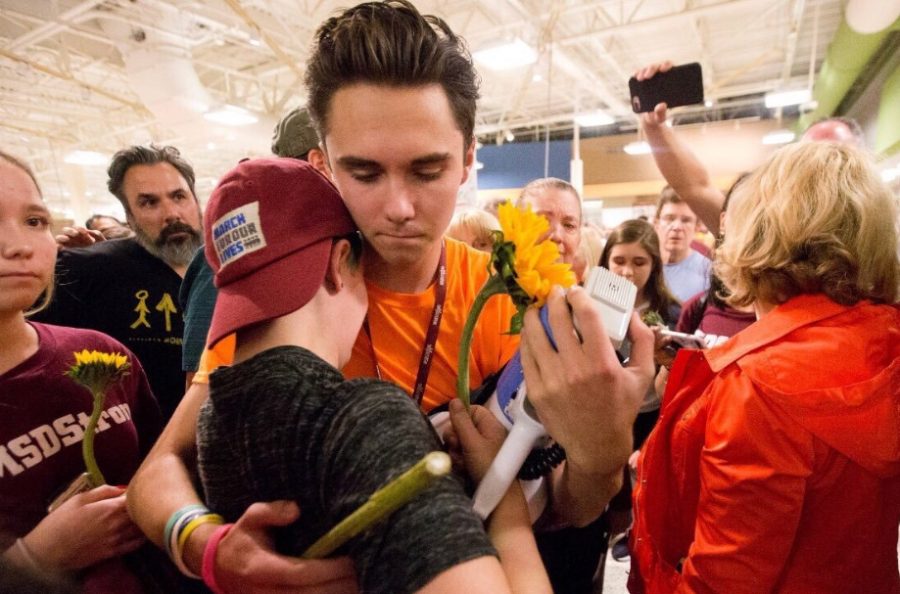Does tragedy equate opportunity?
“Thank you all for the well wishes, I’ll be attending Harvard in the fall with a planned major in Political Science,” read the tweet Parkland survivor and gun control activist David Hogg posted late December. A seemingly normal tweet that would usually warrant congratulatory remarks sparked a controversy: should those who have faced traumatic circumstances, such as a school shooting, be granted special privileges? Considering these tragedies, I think survivors of such situations should have access to opportunities they otherwise wouldn’t have without experiencing trauma.
The main reason behind this controversy lies in a victim’s prior tragedy. Many believe that despite a horrible event, privilege should not be given to survivors solely based on their one experience alone. They think this privilege is unearned and disregards others’ hard work and effort. While this opinion may hold some truth, it completely ignores the tragedy at hand.
For many years, psychologists concluded those who have faced tragedy build their recovery time quickly and are stronger than before, which they call “resilience”. However, according to a recent study in 2016 published in Perspectives on Psychological Science, far more people experience a large dip in their happiness and slowly regain it following a catastrophe. The study concludes that this widely accepted idea of resilience creates a stigma surrounding PTSD, when the reality is that it is not real and is overdramatized.
According to the Mental Health Foundation, those who face traumatic situations undergo intense periods of paranoia, fear, anxiety, and depression, usually characterized together as Post Traumatic Stress Disorder (PTSD). PTSD severely hinders normal daily routine and makes future goals seem unattainable and idealistic, often rendering one paranoid for the remainder of one’s life. Adjusting to a new life following a tragedy is a slow, grueling process that can take years to finally establish as normal.
Taking the mental implications of a disaster into account, I believe that these “special privileges” are not an undeserving act, but are acts of sympathy towards survivors. I like to believe that people truly care about the mental stability of others and want to help out any way they can. These opportunities don’t ignore others’ efforts, but they recognize the intense struggle of these victims.
There are so many ambiguities and circumstances that play into these events. For example, David Hogg was a prominent leader of the new gun control movement as a result of his involvement in the Parkland shooting. However, there are people who have experienced similar, if not the same trauma that have not received opportunities like a Harvard acceptance, just because it was not as publicized.
While there are many factors that play into whether these tragedies warrant special privileges for victims, I think any victim of a catastrophe should be shown sympathy and leeway in his or her daily burdens.

